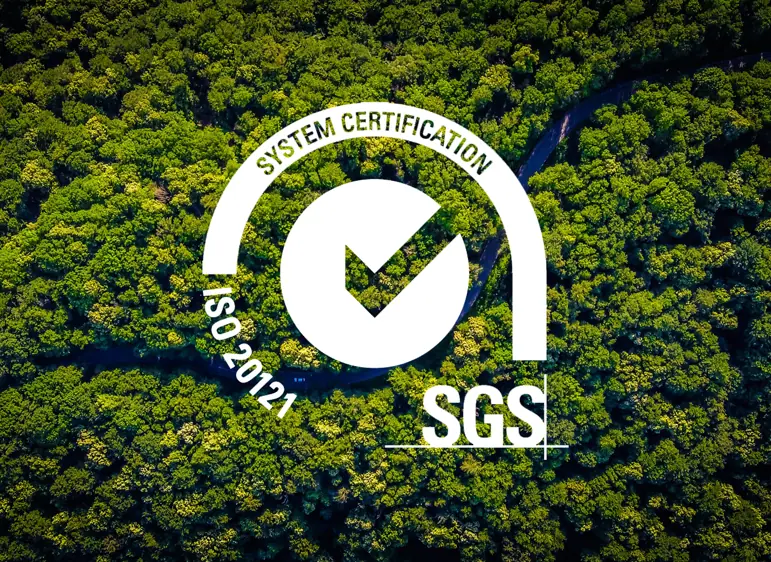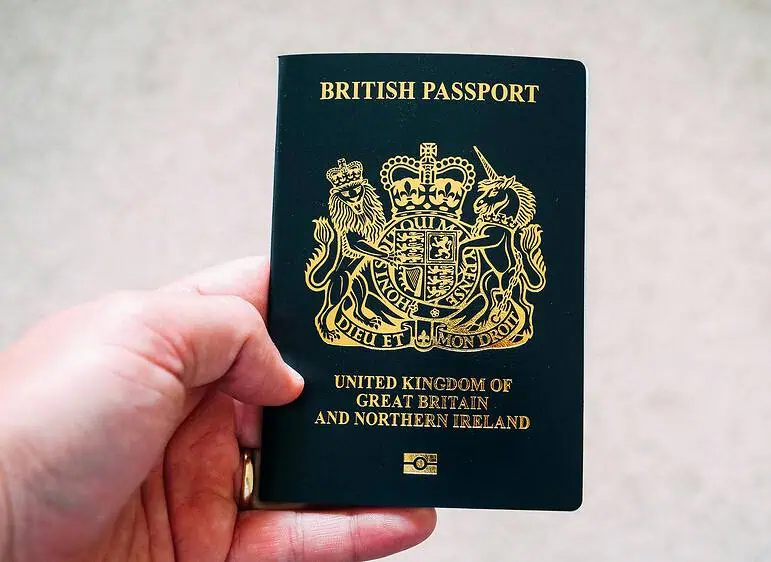
Airfare increases continue as business travellers are urged to consider budgets
Business travellers are being encouraged to consider travel budget allocations, with passenger caps, fuel prices and instability looking set to impact airfares well into 2023. Here we detail the reasons behind increased airfares and the impact that this is likely to have on business travellers going forward.
The hospitality and travel industries were amongst the hardest hit during the Covid-19 pandemic. But as restrictions eased around the world, business and leisure travellers have returned in force, with industry forecasts pointing to a full recovery and an eventual return to 2019 business travel figures.
This post-pandemic desire to travel for leisure and business was received with a sigh of relief across the industry this year. However, as the longer-term impacts of the pandemic continue to reverberate, businesses are having to navigate some huge challenges to accommodate it.
Workforce shortages
Across Europe, workforce shortages have been unprecedented, with large numbers choosing to leave the sector after being placed on furlough or losing jobs during the pandemic. These staff shortages have left the aviation industry, in particular, struggling to cope with the high demand post-pandemic, resulting in chaotic scenes, cancellations, queues, and baggage handling issues at airports earlier this year.
In an attempt to manage these conditions, Heathrow Airport imposed a daily limit on departing passengers in July, with a maximum of 100,000 passengers able to leave via the airport each day; the number it said could be managed to ensure passengers have “a safe and reliable journey”. Amsterdam’s Schiphol Airport – another European hub – also placed caps on departing passengers in July and August, due to ongoing staffing issues, and a lack of available security guards. Heathrow announced the end of its passenger cap in late October to coincide with the end of half term, but has warned of a return in December, whilst Schipol Airport has said it will extend it throughout winter and up to March 2023, with a review and possible tightening of measures taking place at the end of January.
With two of Europe’s busiest airports forced to set passenger limits during the busiest leisure travel period, and then through the post-summer business period, the number of tickets that airlines have been able to sell has been significantly reduced. This limited capacity and seat availability has inevitably put pressure on prices for all travellers, with the CEO of the British Travel Association, Clive Wratten, stating that business travellers have faced ‘up to 30% increase on the cost of their flights compared to pre-pandemic prices’.
Global instability
In addition to reduced passengers, one of the greatest current concerns for airlines is the conflict and escalation of the Russia-Ukraine war. Not only have airspace closures and sanctions led to rerouting, longer detours and cancellations, but increasing oil prices are also putting further pressure on the aviation sector and impacting costs.
According to an annual price forecast from the Global Business Travel Association (GBTA), corporate travellers could expect travel prices to continue rising for the rest of this year and throughout 2023, with increases in global business-class air fares of 45% in 2022, increasing by another 6.2% next year. Meanwhile economy airfares are also rising, with 37% increase in 2022 and a further increase of 11% in 2023. More information is available here.
The cost of flying is higher than ever for airlines and it is inevitable that these increases filter down to passengers, with some routes proving more expensive than others, and business class increases higher than economy.
It is vital that businesses take account of this now and plan as far in advance as possible, considering likely increases when budgeting for travel."
Nick Warren, Managing Director at Travel Places, said: “With reduced capacity, longer routes, higher fuel costs and rising inflation all impacting airlines, fares are expected to rise even further next year. It is vital that businesses take account of this now and plan as far in advance as possible, considering likely increases when budgeting for travel.
Nick added: “For our professional sports team who are competing throughout the year, and our media and music and entertainment clients who are performing or working around the world, travel is unavoidable, locations are non-negotiable and air travel is often a vital and regular part of their travel plans. We continue to work with our clients to understand and work with their unique requirements, and alongside our suppliers to ensure we can access the widest range of fares.”
Delivering value
With over 45 years’ experience of delivering high profile events and group travel movements for leading sports, media and entertainment organisations, we have both the expertise and the credibility needed to secure clients the very best value from their travel budgets. Our long-standing partnerships with all major airlines, global hotel chains, and our relationship with Amex GBT, also ensure we have access to the widest range of standard and specialist fares, giving our clients access to the very best group rates for scheduled flights and accommodation.
Find out more about how we deliver value to our clients here.

